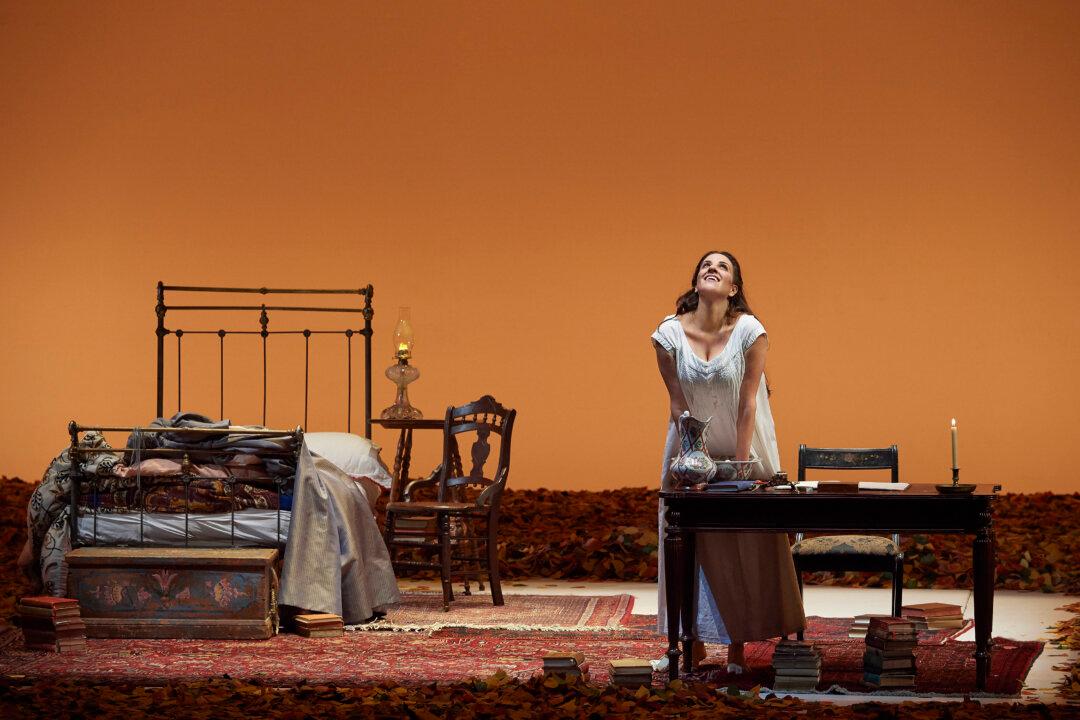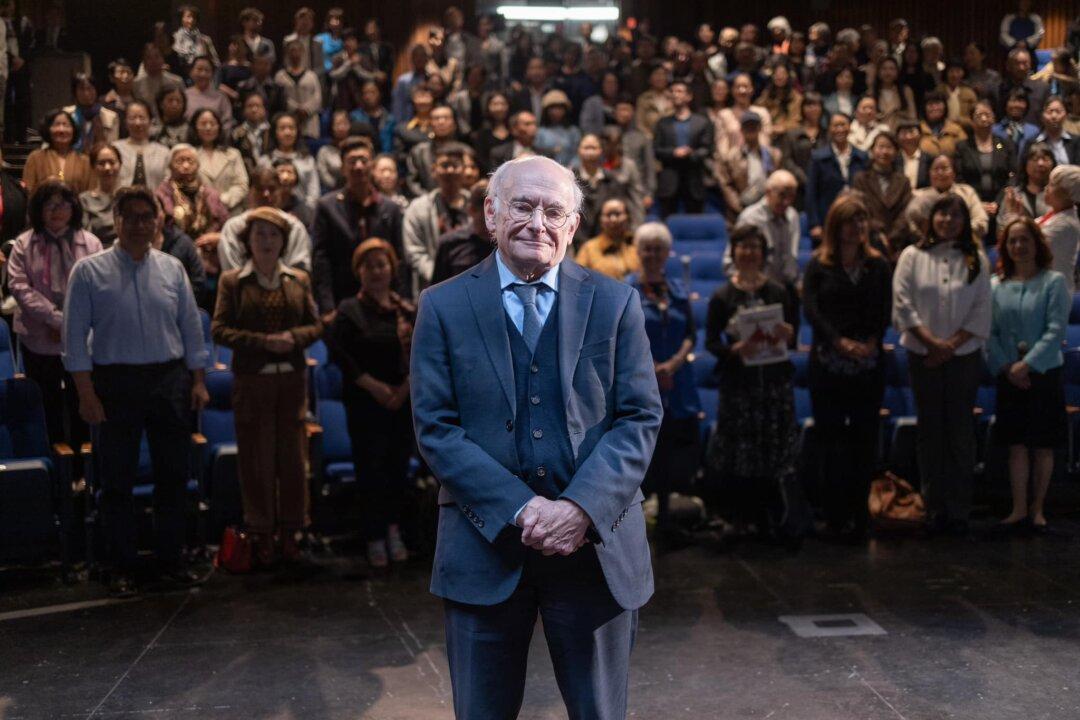TORONTO─Watching opera performed live onstage can be a compelling experience says tenor Joseph Kaiser, who has enjoyed many inspiring moments sitting in the audience, touched by the art form’s power.
“It reaches out and just grabs you. You can’t help it, you can’t avoid it,” he says. “It’s just magic. It’s intensity. These composers and these librettists, they knew what they were doing.”





